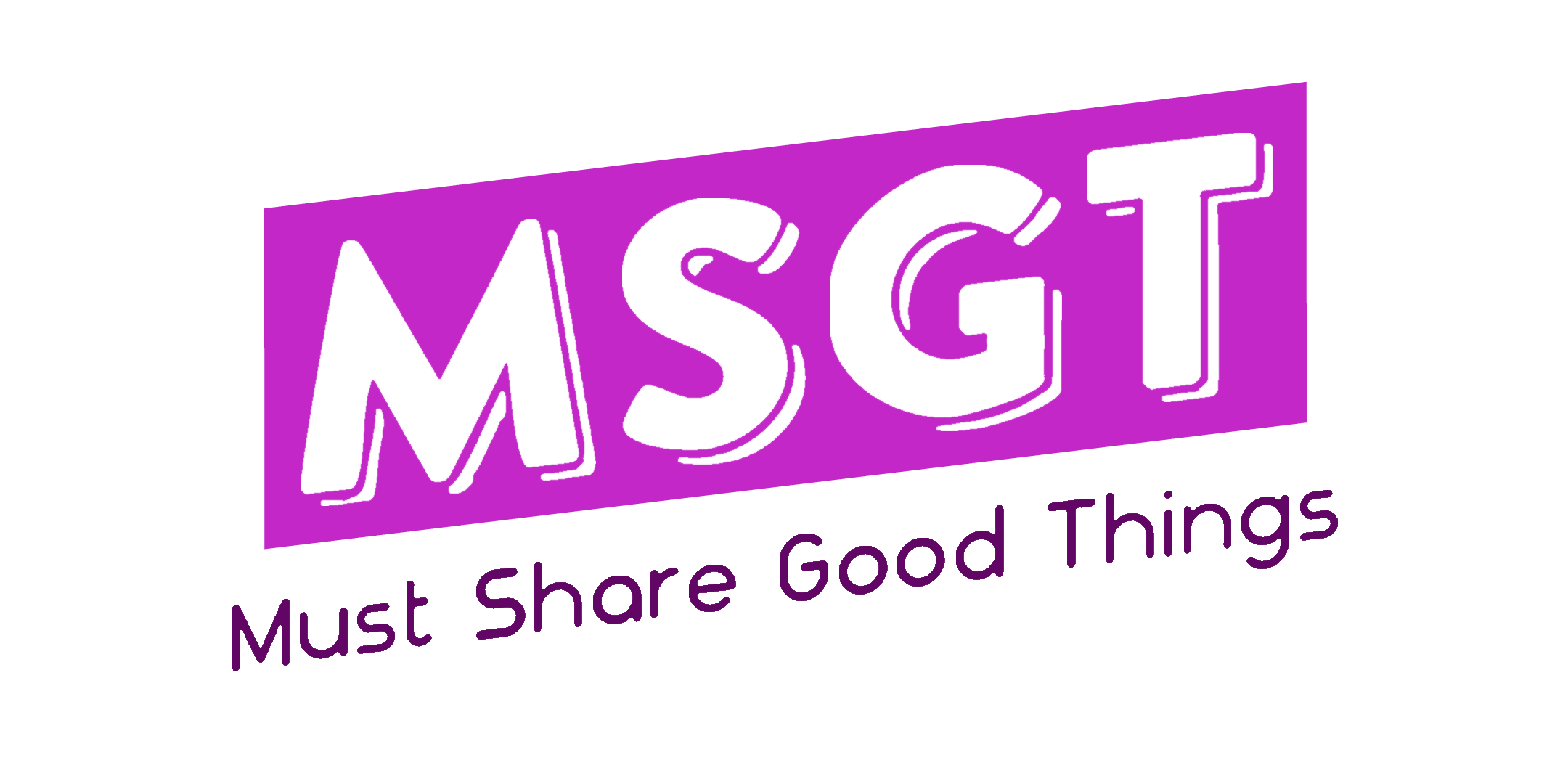It is an indisputable fact that COVID-19 was first identified in Wuhan, China. Dubbing it the “Chinese virus”, however, was simply uncalled for and plain xenophobic. The former U.S. President Donald Trump is notorious for being at the forefront of perpetuating anti-Asian stigma, terming COVID-19 the “kung flu” during his U.S. Presidential Election 2020 campaign.

Since then, America has seen its fair share of Asian-American hate crimes over the past year as the unprecedented virus led and escalated to a series of racially motivated attacks. Back in home ground Singapore, however, we are lauded for our status as a multiracial nation that embraces and celebrates diversity. But how much exactly has the mindset of Singaporeans evolved? The very bedrock of Singaporean society and the values many proudly uphold are being challenged as the COVID-19 community cases rose in recent weeks.
In the face of the highly transmissible B1617 strain that originated in India, some Singaporeans’ innate fear of contracting the variant unveiled the unsightly effects of racial discrimination as they channelled their anxiety towards the minorities. On May 2, a 47-year-old man told an Indian family not to “come and spread the virus”. Shortly after on May 7, a 55-year-old woman was kicked in the chest and subjected to racial slurs for not donning a mask while brisk walking—which is legally permissible. Another incident occurred on May 25 whereby a woman and her 7-month-old baby was told, “you Indians don’t follow the rules”. Are these Singaporeans’ inherently prejudiced actions then any different from the Asian-American hate crimes that many of us so fervently criticized?
Following the World Health Organisation’s (WHO) announcement on May 31, letters of the Greek alphabet will be used to refer to the COVID-19 variants in public discourse to tackle the global issue of stigmatization against certain nations and races. This means that the hitherto B1617 strain colloquially referred to as the “Indian variant” will be known as Delta instead.
How effective the WHO’s initiative proves to be remain debatable, however, especially since racism is a deeply rooted issue fuelled by persistent microaggressions that inadvertently shape unconscious biases. Recall being told, for instance, not to stay out late because the “Bangla will kidnap you”. But chill, why so overly sensitive? It’s just a joke. Cue, “You’re pretty for an Indian”. But this is a compliment! Is it, really?
Racial discrimination is, in fact, real and prevalent—no more but’s, the pandemic merely exacerbated the existing racial tensions buried underneath the utopia of achieving racial harmony. Surely “not everyone is like that”, but it is certainly high time we recognize that there is an incongruity between state ideals and Singapore’s underlying reality.
This article was brought to you by Cecilia Yeo. I love coffee, cats, cash.. oh and literature.










